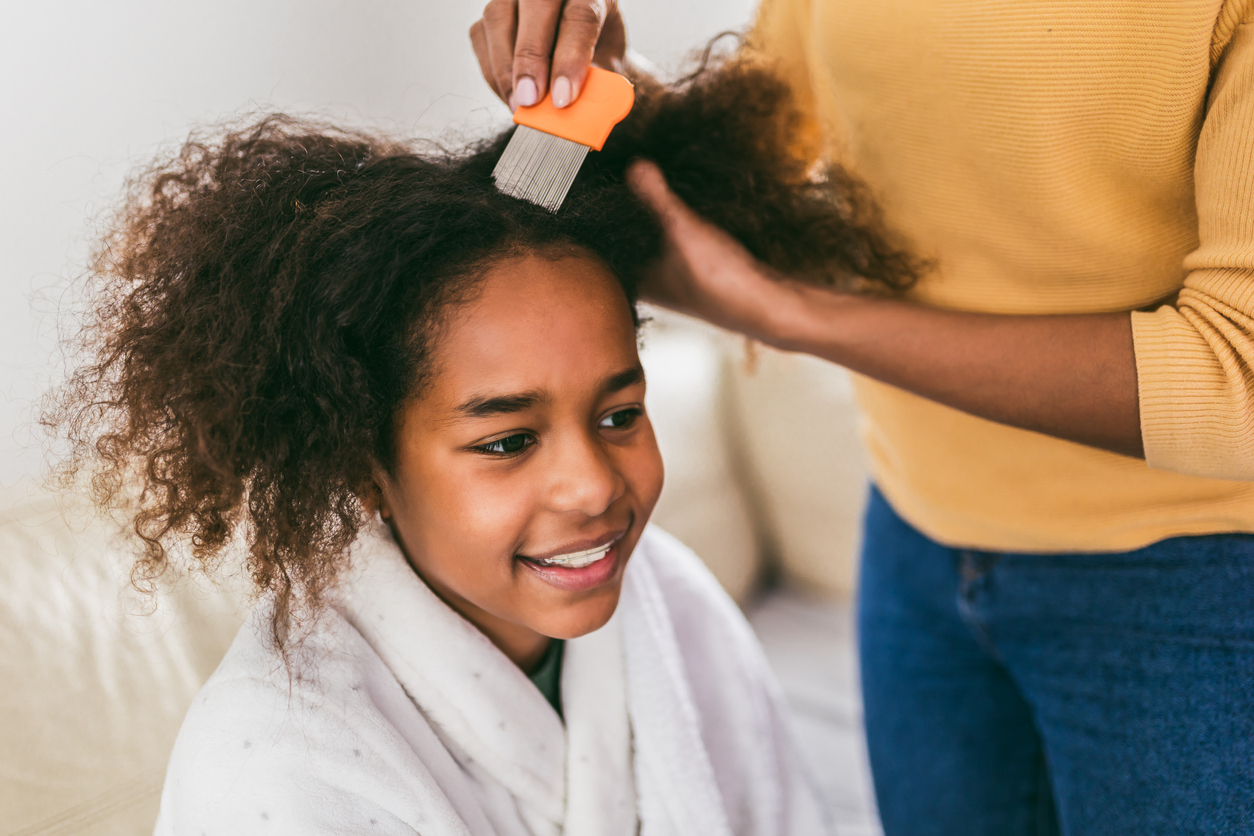Say Goodbye to Hair Lice: Effective Treatment Options in Ghana with Wigmore Trading
Say Goodbye to Hair Lice: Effective Treatment Options in Ghana with Wigmore Trading
Are you tired of battling the persistent problem of hair lice? Do you long for a solution that truly works and puts an end to this pesky infestation? Look no further, because Wigmore Trading is here to save the day! In this blog post, we will explore the most effective treatment options available in Ghana. Say goodbye to those itchy scalps and hello to lice-free locks as we dive into the world of proven solutions offered by Wigmore Trading. Get ready for a hair-raising journey towards freedom from these unwanted visitors – let’s get started!
What are Hair Lice?
Hair lice are small, wingless insects that feed on human hair. They can be found almost anywhere there are people and their nests can be found close to where the hair is attached to the scalp. There are three types of lice: head lice, body lice, and pubic lice. Head lice are the most common type and are found mainly on the heads of children. Body lice live on the skin and can be found anywhere there is clothing that can be moved around. Pubic lice live on the pubic area and are most commonly found in sexually active adults. All three types of lice can infest any hair on the body, but head and body lice prefer hair that is growing near the scalp while pubic lice prefer hairs on the genital area.
There are a few things you can do to get rid of hairlouse infestation: wash your hair as often as possible using a good shampoo with anti-louse properties; dry your hair thoroughly; use a good quality anti-louse cream or lotion; avoid wearing tight fitting clothes; cover your head when going outside; keep your home clean; and if you suspect you have head or body lice, see a professional. There is no one treatment that will work for everyone, so it is important to consult with a doctor or health care provider about what is best for you specific case.
How do Hair Lices Reproduce?
Hair lice reproduce by laying eggs on the scalp. Eggs hatch into nymphs, which feed on the hair shaft and excrete a blackish liquid called ooze. Newly hatched lice are about 1/8th of an inch long and have wings. The nymph stage lasts for about two months, at which point the adult lice become sexually mature and lay eggs again. Louse populations can grow rapidly if they are allowed to establish a continuous feeding cycle on human hair.
What are the Different Types of Treatment for Hair Lice?
There are different types of treatments for hair lice, depending on the severity of the infestation. The most common type of treatment is a topical medication that is applied to the scalp. This medication kills the lice and their eggs, and it can be effective in treating mild cases of hair lice. If the lice are more severe, a doctor may prescribe an insecticide or a combing treatment.
Which Treatment is Best for You?
There are many effective treatments for hair lice, so it is important to choose the one that is right for you. If you have children who are affected, a good option is to treat them all together. If you have only one child who is affected, you can try using a home remedy like apple cider vinegar or baking soda baths. You can also use over-the-counter treatments like malathion or Nix. If your child has symptoms such as itching, redness, and bald patches on their scalp, they should see a doctor. There are many different treatments available, so it is important to get advice from a doctor if you think your child has hair lice.
Conclusion
Hair lice are a common problem, especially in children. If you have kids and haven’t dealt with them yet, now is the time to start. Lice attach themselves to human hair and live off of blood for sustenance. They cause itchiness, redness, and problems with hair growth. There are several treatment options available that vary depending on the severity of the infestation and your location. Wigmore Trading has a wide range of products that can help get rid of lice effectively whether you’re in Ghana or anywhere else in the world. Contact us today to learn more about our hair lice treatment options!








Comments are closed.